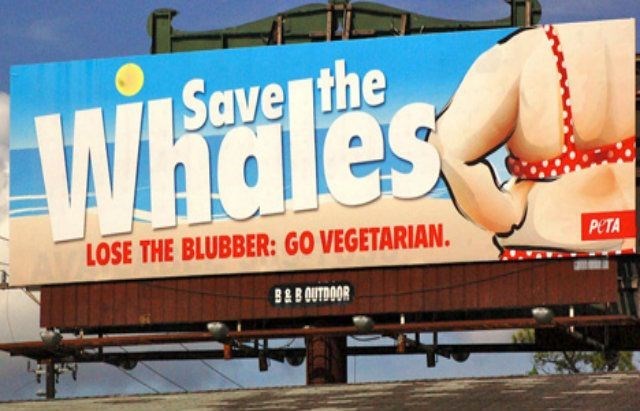This month I published a qualitative study on fat vegan experiences in the journal of Fat Studies. Sixty-one respondents kindly gave their time to fill out a questionnaire asking a range of questions about their experiences as vegan activists. The results were surprising.
Veganism is a food-focused movement that consistently banks on fat-shaming rhetoric and ideologies of thin privilege to persuade its audience to go vegan. In a sea of fat antagonistic claimsmaking, where does this leave fat vegans? After all, veganism is not a diet and many people do not lose weight after going vegan (some may even gain). Sizeist claimsmaking not only alienates fat audiences, but could also alienate fat activists.
What I found was that size discrimination was common, with one in four self-identified fat vegans having experienced it. What I also found, however, was that most were not deterred from participating. They resisted or sought out inclusive communities.
While their resistance is admirable, it should not detract from the inappropriateness of sizeism in a social justice movement. The Nonhuman Animal rights movement has a long history of banking on human inequalities to shock, shame, or scare its audience into compliance. It is inconsistent with movement goals and is not sustainable. Rather than burn bridges and flame bigotry, the movement might instead appeal to intersections of oppression and shared identities. Like Nonhuman Animals, the fat community has been vilified, marginalized, an exploited, their bodies otherized and butchered (with diets and surgeries). Empathy will encourage behavior change, but scientific studies reliably demonstrate that stigma will not.

Readers can learn more about the problems of aggravating human inequality to advance anti-speciesism in my 2016 publication, A Rational Approach to Animal Rights. Receive research updates straight to your inbox by subscribing to my newsletter.


